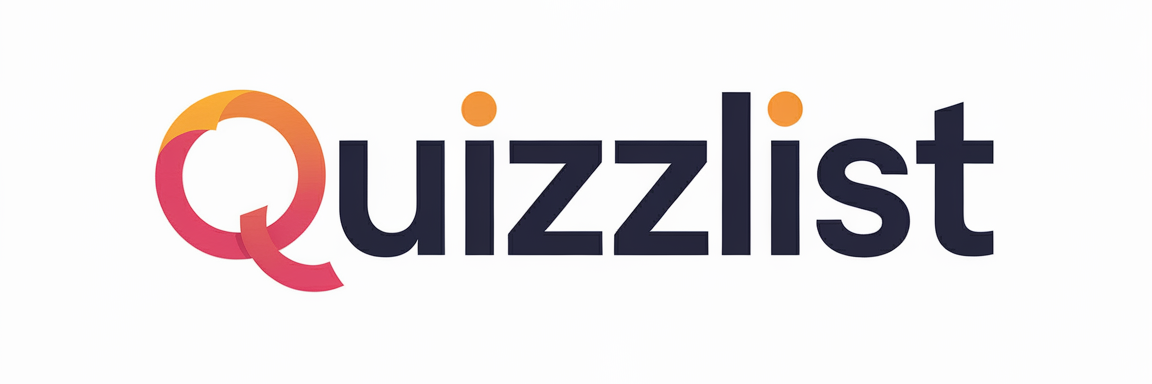Trivia isn’t just a fun pastime—it taps into deeper psychological mechanisms that make it so enjoyable and addictive. Whether it’s competing in a pub quiz, playing a trivia app, or shouting answers at the TV during Jeopardy!, the excitement of recalling obscure facts triggers a powerful response in the brain. But why do we love trivia so much? The answer lies in how trivia engages our memory, fuels our competitive nature, and gives us a rewarding mental challenge.
Trivia Activates the Brain’s Reward System
Answering a trivia question correctly releases dopamine, the brain’s feel-good chemical. This creates a rush of satisfaction and reinforces our desire to play again. The anticipation of getting a question right keeps us engaged, making trivia feel like an exciting challenge rather than just recalling facts.
Trivia Appeals to Our Natural Curiosity
Humans are wired to seek knowledge. Learning and discovering new information gives a sense of accomplishment and growth. Trivia satisfies this natural curiosity by exposing us to interesting facts, historical events, and surprising details we might not encounter in everyday life.
It Provides a Fun and Engaging Cognitive Workout
Playing trivia exercises memory recall, problem-solving, and quick thinking, keeping the brain sharp. Just like physical exercise strengthens muscles, mental challenges like trivia improve cognitive function, making it a great way to keep the mind active and engaged.
The Competitive Element Enhances Motivation
For many people, trivia isn’t just about learning—it’s about winning. Competing against friends, coworkers, or strangers adds excitement and motivation. Whether it’s earning points, moving up a leaderboard, or proving knowledge superiority, the competitive nature of trivia keeps players coming back for more.
Trivia Strengthens Social Bonds
Trivia is often played in groups, whether at a pub quiz, family gathering, or online game. It fosters teamwork, collaboration, and friendly rivalry, making it a great social activity. Working together to answer questions creates shared experiences and strengthens relationships.
It Gives Us a Sense of Mastery and Expertise
Knowing trivia facts makes us feel knowledgeable and competent. Whether it’s recalling movie quotes, naming world capitals, or identifying historical events, trivia lets us showcase our expertise. This sense of mastery boosts self-confidence and makes us feel accomplished.
Nostalgia Plays a Big Role in Trivia Enjoyment
Many trivia games focus on pop culture, music, and events from different decades. Answering questions about childhood cartoons, classic movies, or past sports events triggers nostalgia, creating a positive emotional connection to the game.
Trivia Challenges the Brain Without Feeling Like Work
Unlike studying for a test or learning something for work, trivia is a low-pressure way to engage the brain. There’s no homework or long-term commitment—just short bursts of fun and challenge. This makes it an enjoyable way to learn new information without stress.
The Brain Loves Patterns and Connections
Trivia isn’t just about memorizing random facts—it helps us recognize patterns, make connections between different topics, and build associations. This mental linking process makes it easier to retain information and recall details more quickly.
It Offers Instant Gratification and Encourages Learning
Trivia provides immediate feedback—either you get the answer right or you learn something new. This instant gratification makes trivia engaging, while also encouraging continuous learning. Even when players get questions wrong, they walk away with new knowledge to use in future games.
Trivia is more than just a game—it’s a psychologically rewarding activity that taps into our love for knowledge, competition, and social interaction. The combination of mental challenge, dopamine release, and the joy of learning keeps us hooked. Whether you play for fun, competition, or just to impress your friends, trivia is a game that benefits the brain and brings people together.


